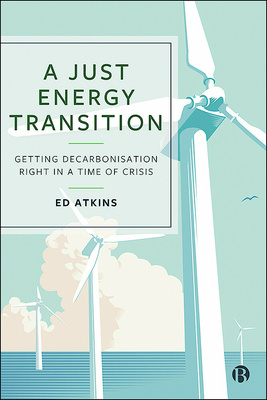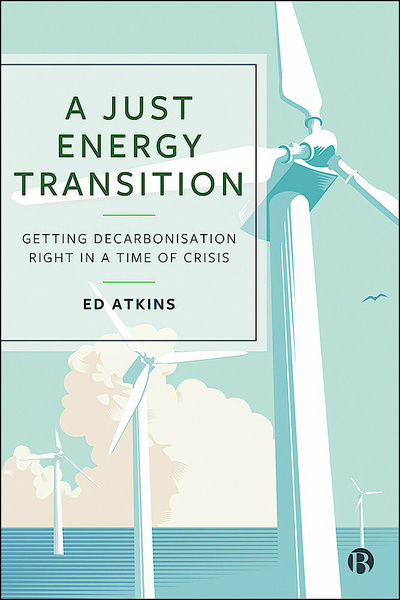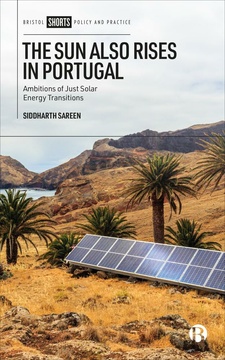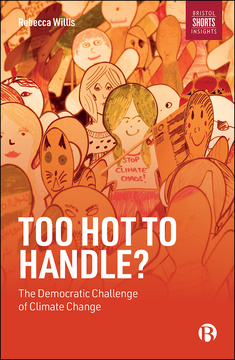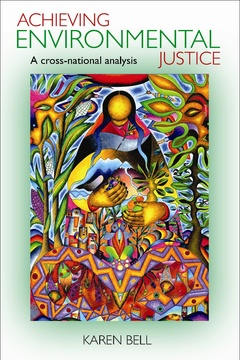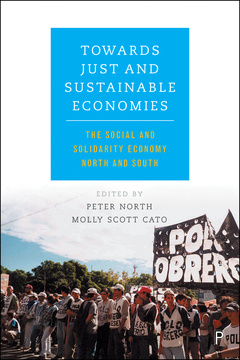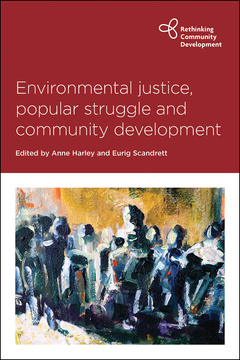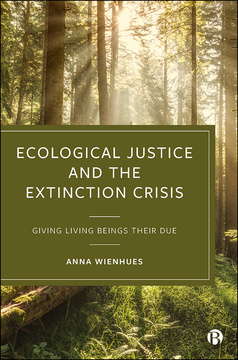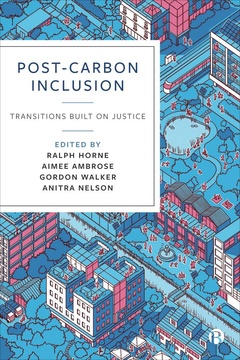Published
Jul 28, 2023Page count
248 pagesISBN
978-1529220964Dimensions
234 x 156 mmImprint
Bristol University PressPublished
Jul 28, 2023Page count
248 pagesISBN
978-1529220957Dimensions
234 x 156 mmImprint
Bristol University PressPublished
Jul 28, 2023Page count
248 pagesISBN
978-1529220971Dimensions
234 x 156 mmImprint
Bristol University PressPublished
Jul 28, 2023Page count
248 pagesISBN
978-1529220971Dimensions
234 x 156 mmImprint
Bristol University PressOn the blog:
POLICY BRIEFING: A Just Energy Transition
PODCAST: Who gets left behind in the race for renewables?
In the media:
'How the Great British Insulation scheme can help the most vulnerable' in PolicyBristol
'How green jobs and skills can ensure a just transition for young people' in PolicyBristol
To reduce emissions and address climate change, we need to invest in renewables and rapidly decarbonise our energy networks. However, decarbonisation is often seen as a technical project, detached from questions of politics and social justice. What if this is leading to unfair transitions, in which some people bear the costs of change while others benefit?
In this timely and expansive book, Ed Atkins asks: are we getting decarbonisation right? And how could it be made better for people and communities? In doing so, this book proposes a different type of energy transition. One that prioritises and takes opportunities to do better – to provide better jobs, community ownership and improve people’s homes and lives.
"A Just Energy Transition elucidates the major theoretical discussions pertaining to the relationship between decarbonisation and social justice…The book’s discussion of the root factors of NIMBYism and the wide-ranging repercussions of energy poverty are comprehensive and convincing." LSE
“Issues of equity and social justice are of paramount importance to ensure that future energy and climate mitigation pathways are socially legitimate but also fair and accountable. This book offers a sobering assessment of our current climate crisis and showcases how we can escape it through our own patterns of behaviour, ownership, community action and work practices. Highly recommended for those that want to ensure nobody is left behind in our phrenetic rush to respond to global climate emergency.” Benjamin Sovacool, University of Sussex and Boston University
“This book goes beyond simply critiquing current energy injustices to also present an inspiring vision of what a more just energy transition should involve.” Neil Simcock, Liverpool John Moores University
“A hopeful paean to the possibility, necessity and multifaceted visions of just energy transitions, tautly balanced with rigorous accounts of challenges, injustices and grim home truths – delivered with artistic flair.” Siddharth Sareen, University of Stavanger and University of Bergen
"There is growing awareness about the urgent need for decarbonisation but a risk that without putting the most affected communities in the driving seat, more inequalities will arise. Atkins offers a powerful, timely and incredibly readable guide to avert this risk. Don't put this book down until the transition is just!" Katherine Trebeck, University of Edinburgh and co-founder of WEAll
Ed Atkins is Senior Lecturer at the School of Geographical Sciences, University of Bristol. His research broadly explores how sustainability and decarbonisation policies can be made fairer and more inclusive.
1. Introduction
2. Transition
3. Scale
4. Ownership
5. Community
6. Home
7. Work
8. Global
9. Conclusion







